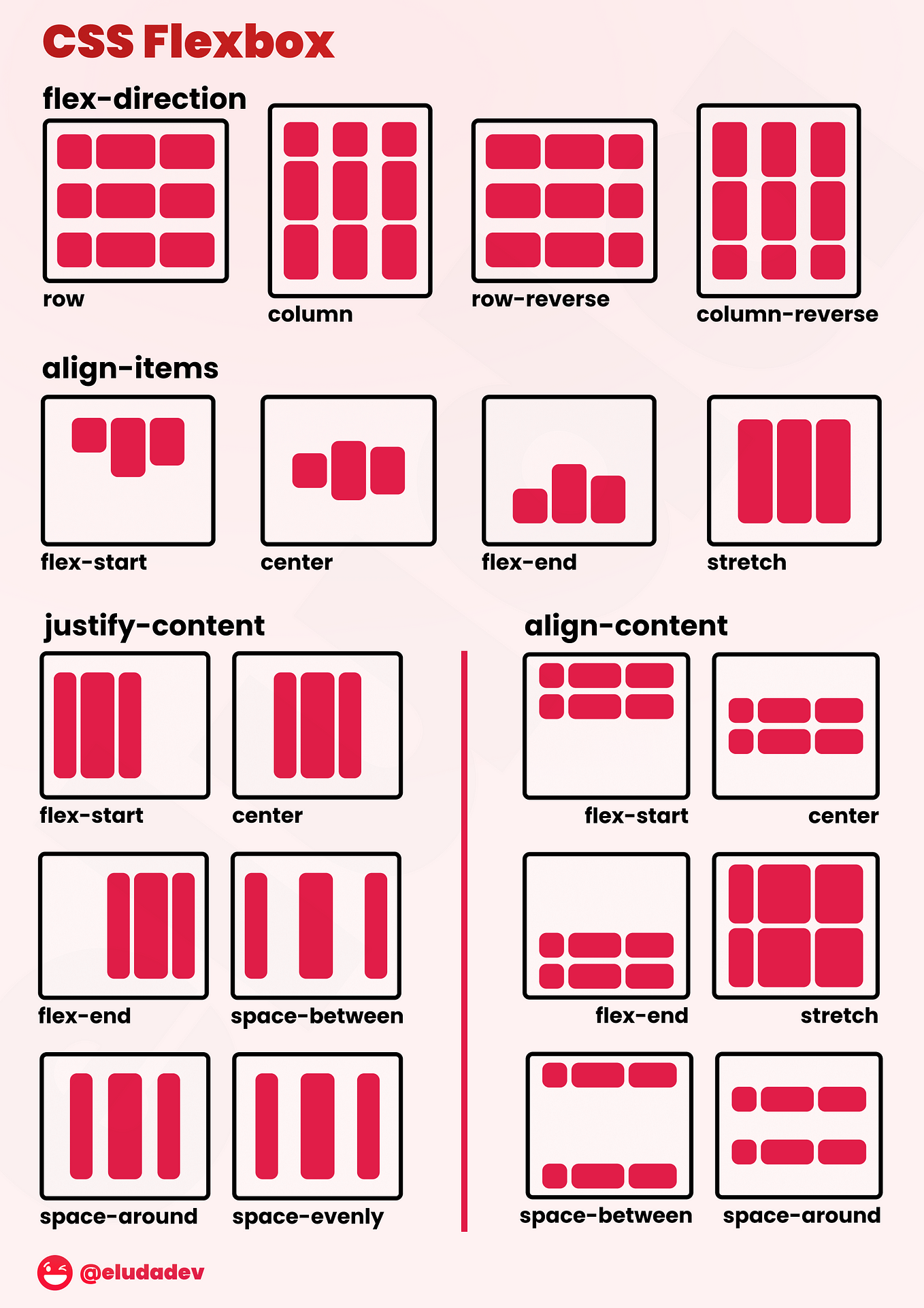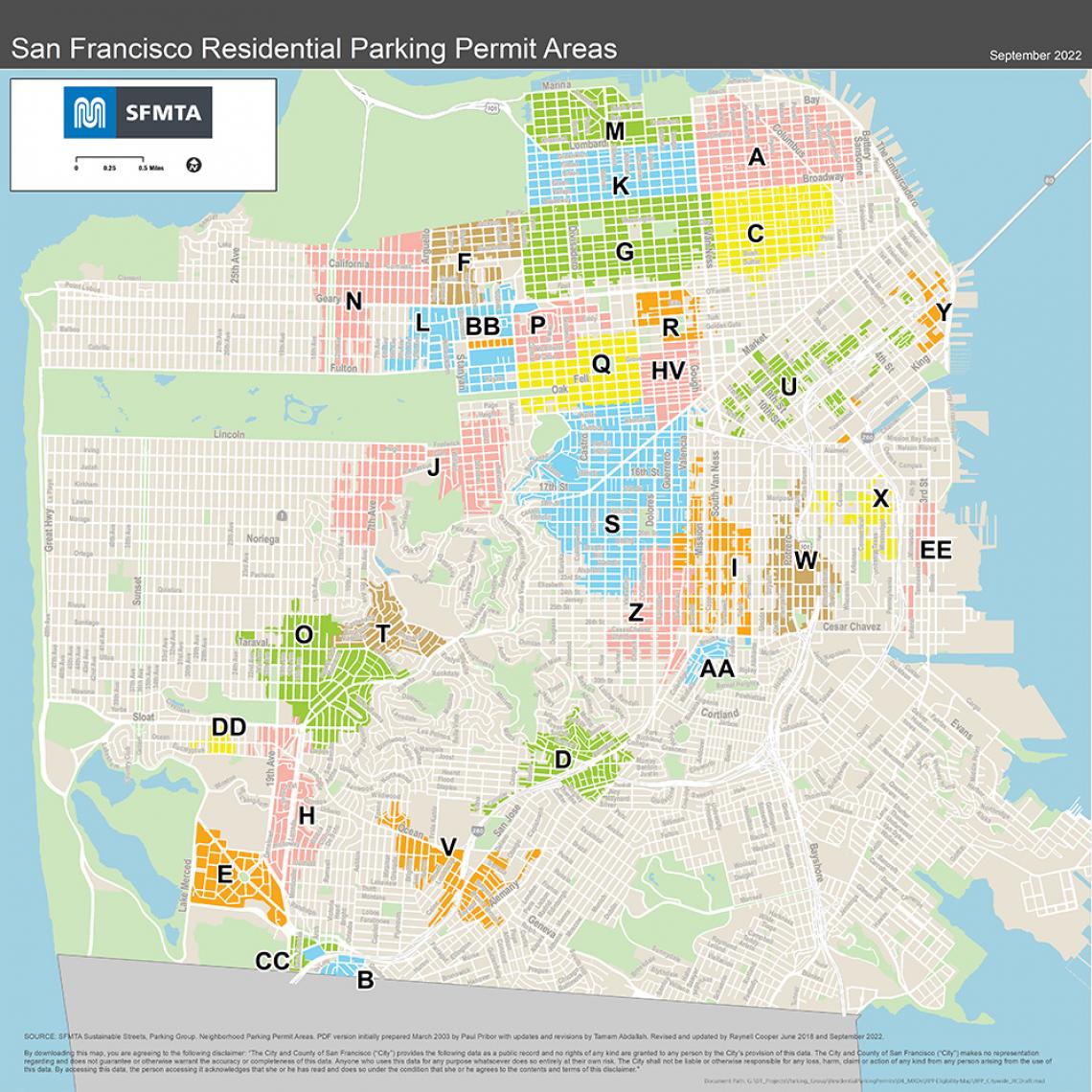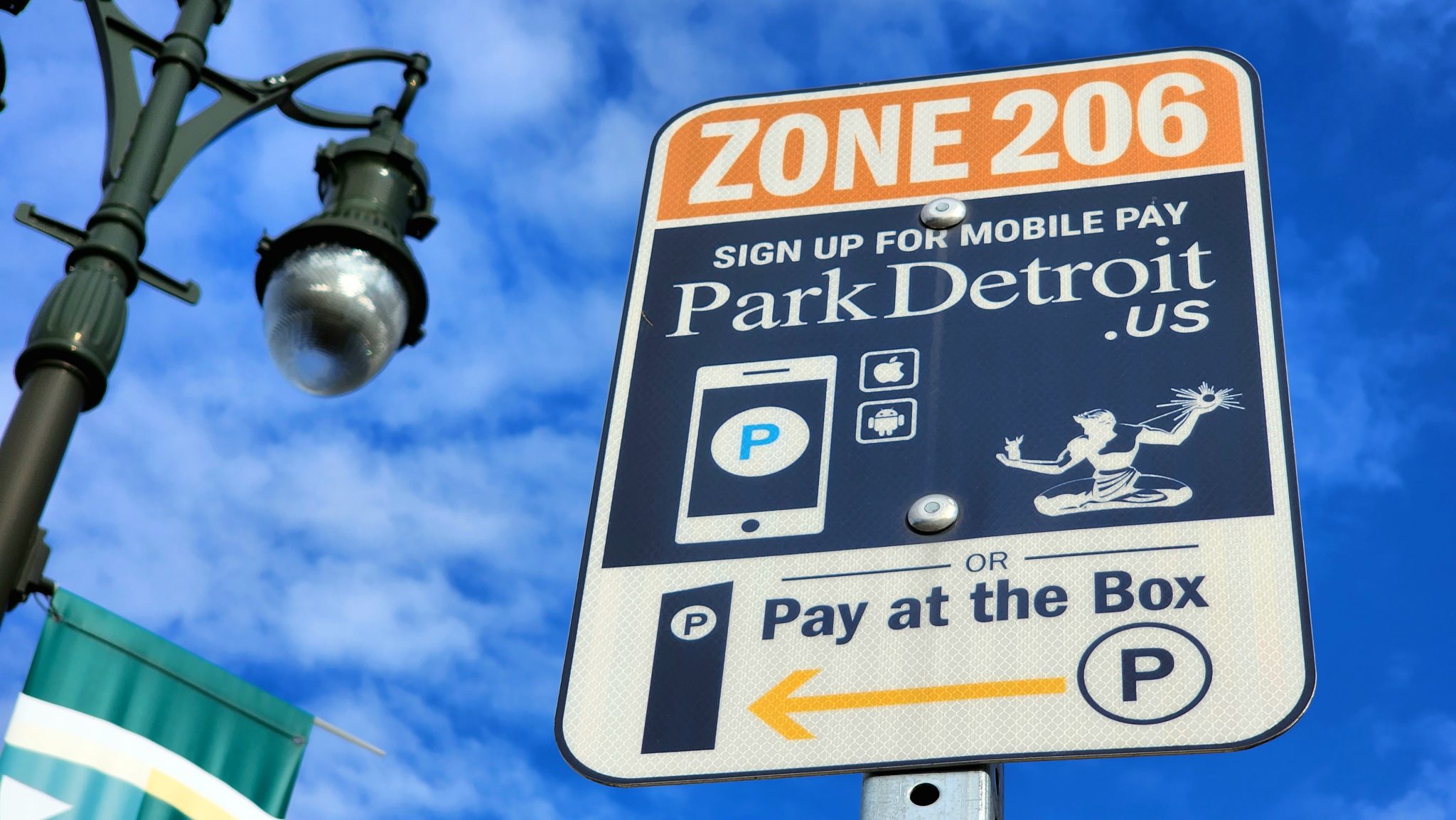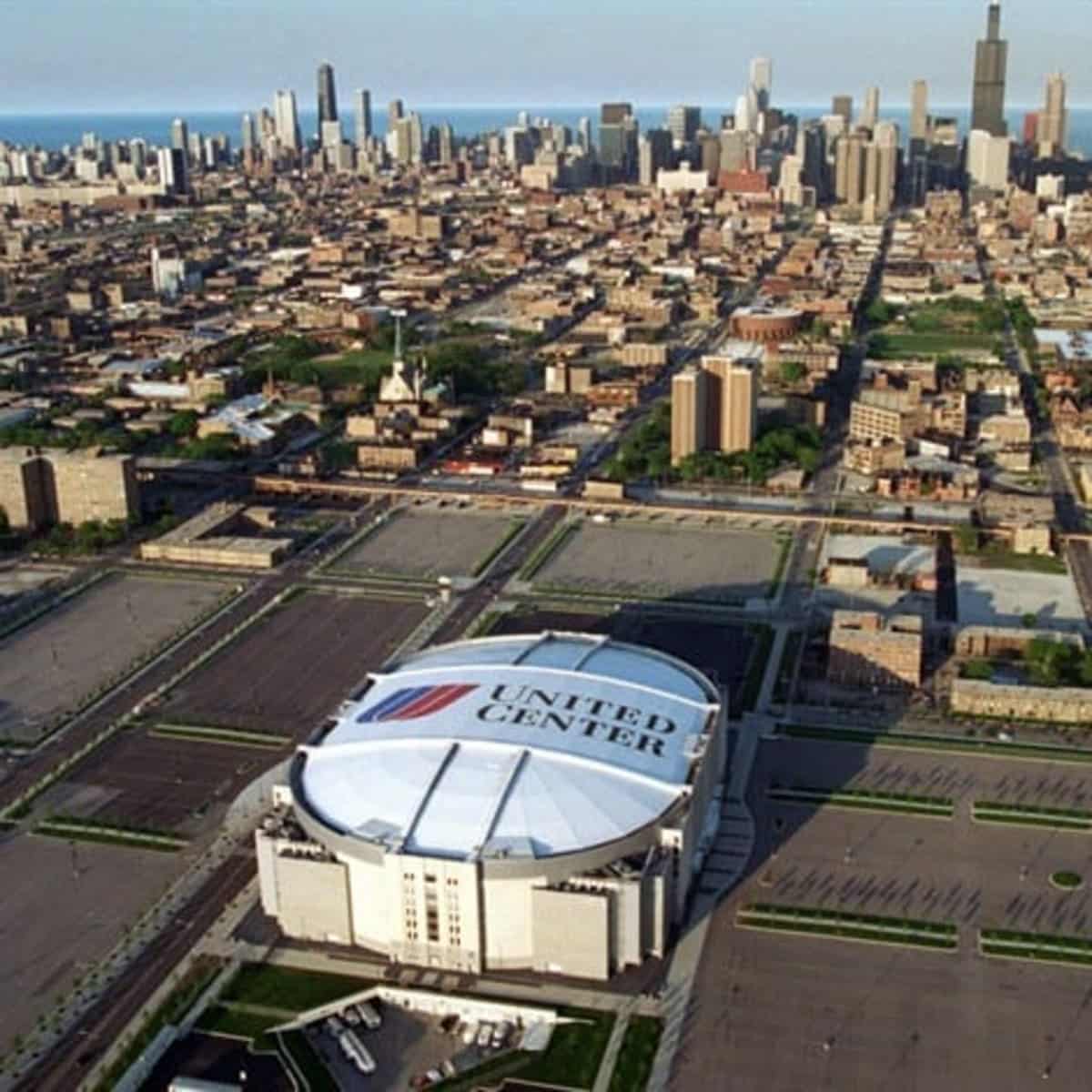Navigating the complexities of Chicago’s parking scene can be quite a challenge, especially if you’re new to the Windy City and trying to make sense of residential parking zones. Street parking in Chicago is subject to a complex set of rules and regulations, and navigating them can be confusing and time-consuming. But don’t fret. We’ve got you covered with this Comprehensive Guide To Chicago’s Residential Parking Zones: Understanding Regulations And Obtaining Permits.
Chicago’s Residential Parking Zones: The Pain Points
When it comes to parking in Chicago, there are a few key pain points that residents often encounter. One of the biggest challenges is the limited availability of street parking, especially in popular areas and during peak hours. This can make it difficult to find a spot close to your home or destination, and it can also lead to long delays and frustration.
The Ultimate Solution: Comprehensive Guide To Chicago’s Residential Parking Zones: Understanding Regulations And Obtaining Permits
The good news is that there is a solution to these pain points: residential parking zones. These zones are designated areas where residents can park their vehicles for free or at a reduced rate. To park in a residential parking zone, you will need to obtain a permit from the city. Permits are available to residents who live within the zone, and they can be obtained online or by mail.

Harnessing React’s useRef Hook: A Guide to Efficiently Managing – Source medium.com
Obtaining A Permit For Chicago’s Residential Parking Zones
To obtain a permit, you will need to provide proof of residency, such as a utility bill or lease agreement. You will also need to pay a fee, which varies depending on the zone. Once you have obtained a permit, you will be able to park in any of the designated spaces within the zone. Permits are typically valid for one year, and they must be renewed annually.
Historical Context And Myths Of Comprehensive Guide To Chicago’s Residential Parking Zones: Understanding Regulations And Obtaining Permits
Residential parking zones have been a part of Chicago’s landscape for many years. The first zones were established in the 1950s, and they have since been expanded to include many neighborhoods throughout the city. There are a few myths and misconceptions about residential parking zones. One common myth is that they are only for residents who live in single-family homes. However, this is not true. Residents of apartments and condos are also eligible for permits.

Real Estate Property Development Projects A Guide – Source nolvamedblog.com
Unveiling The Secret Benefits Of Comprehensive Guide To Chicago’s Residential Parking Zones: Understanding Regulations And Obtaining Permits
One of the best-kept secrets about residential parking zones is that they can actually save you money. If you park in a residential parking zone, you will not have to pay for metered parking. This can add up to significant savings over time, especially if you park in a zone that is close to your home or work.
Recommendations
If you are looking for a way to save money on parking and make your life easier, then I highly recommend getting a residential parking permit. Permits are easy to obtain, and they can provide you with peace of mind knowing that you will always have a place to park.

Residential Parking Permit (RPP) Area Map | SFMTA – Source www.sfmta.com
Tips For Obtaining A Permit
Here are a few tips for obtaining a residential parking permit:
- Apply for a permit as early as possible. Permits are issued on a first-come, first-served basis, so it is important to apply as early as you can.
- Make sure you have all of the required documentation. You will need to provide proof of residency, such as a utility bill or lease agreement. You will also need to pay a fee, which varies depending on the zone.
- Be patient. The permit application process can take some time, so be patient and don’t get discouraged if you don’t receive your permit right away.
Fun Facts About Comprehensive Guide To Chicago’s Residential Parking Zones: Understanding Regulations And Obtaining Permits
Here are a few fun facts about residential parking zones in Chicago:
- The first residential parking zone in Chicago was established in the Lincoln Park neighborhood in 1955.
- There are over 100 residential parking zones in Chicago.
- The cost of a residential parking permit varies depending on the zone, but it typically ranges from $20 to $50 per year.

City of Detroit to launch residential parking zones in Midtown, Brush – Source wdet.org
How To Apply For Comprehensive Guide To Chicago’s Residential Parking Zones: Understanding Regulations And Obtaining Permits
To apply for a residential parking permit, you can either apply online or by mail. If you apply online, you will need to create an account with the city of Chicago. Once you have created an account, you can log in and apply for a permit. If you apply by mail, you can download a permit application from the city of Chicago’s website. Once you have completed the application, you can mail it to the city of Chicago. The address is:
City of Chicago
Department of Transportation
P.O. Box 38208
Chicago, IL 60638
What If You Don’t Have A Permit?
If you park in a residential parking zone without a permit, you may be ticketed. The fine for parking in a residential parking zone without a permit is $50. In addition, your vehicle may be towed. If your vehicle is towed, you will have to pay a towing fee to get it back.

United Center Parking Tips: The Ultimate Parking Guide in Chicago – Source stadiumhelp.com
Listicle Of Comprehensive Guide To Chicago’s Residential Parking Zones: Understanding Regulations And Obtaining Permits
Here is a listicle of the key points to remember about residential parking zones in Chicago:
- Residential parking zones are designated areas where residents can park their vehicles for free or at a reduced rate.
- To park in a residential parking zone, you will need to obtain a permit from the city.
- Permits are available to residents who live within the zone, and they can be obtained online or by mail.
- The cost of a residential parking permit varies depending on the zone, but it typically ranges from $20 to $50 per year.
- If you park in a residential parking zone without a permit, you may be ticketed.
Question And Answer
Here are some frequently asked questions about residential parking zones in Chicago:
- What is a residential parking zone?
A residential parking zone is a designated area where residents can park their vehicles for free or at a reduced rate. - Who is eligible for a residential parking permit?
Residents who live within a residential parking zone are eligible for a permit. - How do I obtain a residential parking permit?
You can obtain a residential parking permit online or by mail. - What is the cost of a residential parking permit?
The cost of a residential parking permit varies depending on the zone, but it typically ranges from $20 to $50 per year.
Conclusion Of Comprehensive Guide To Chicago’s Residential Parking Zones: Understanding Regulations And Obtaining Permits
Residential parking zones are a great way to save money on parking and make your life easier. If you live in Chicago, I highly recommend getting a residential parking permit. Permits are easy to obtain, and they can provide you with peace of mind knowing that you will always have a place to park.